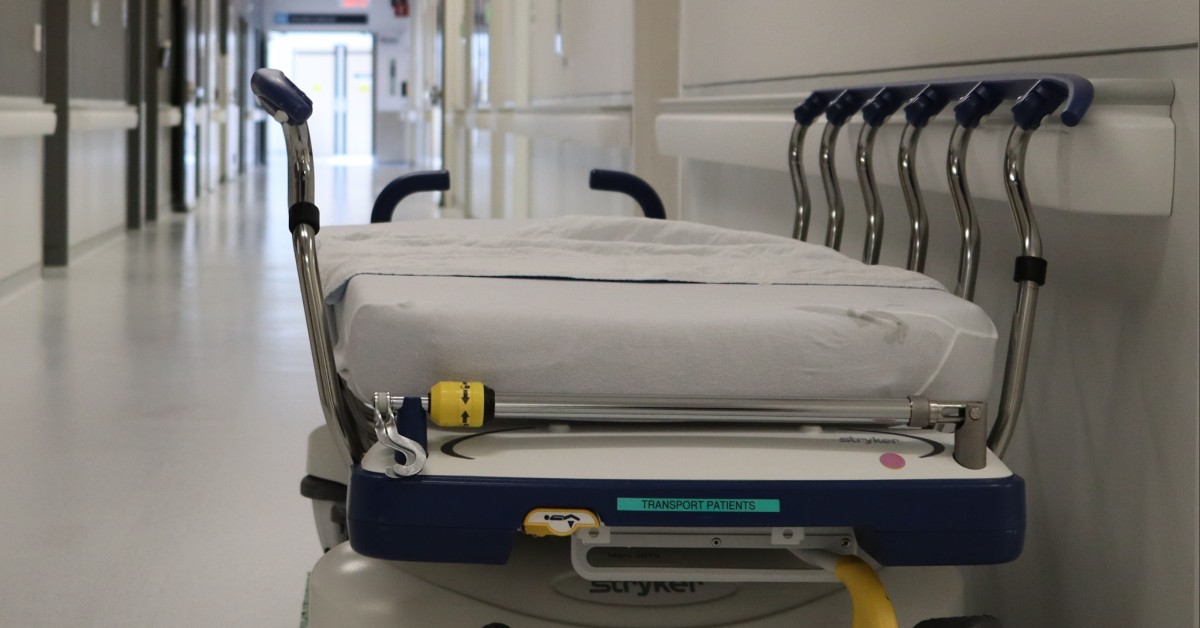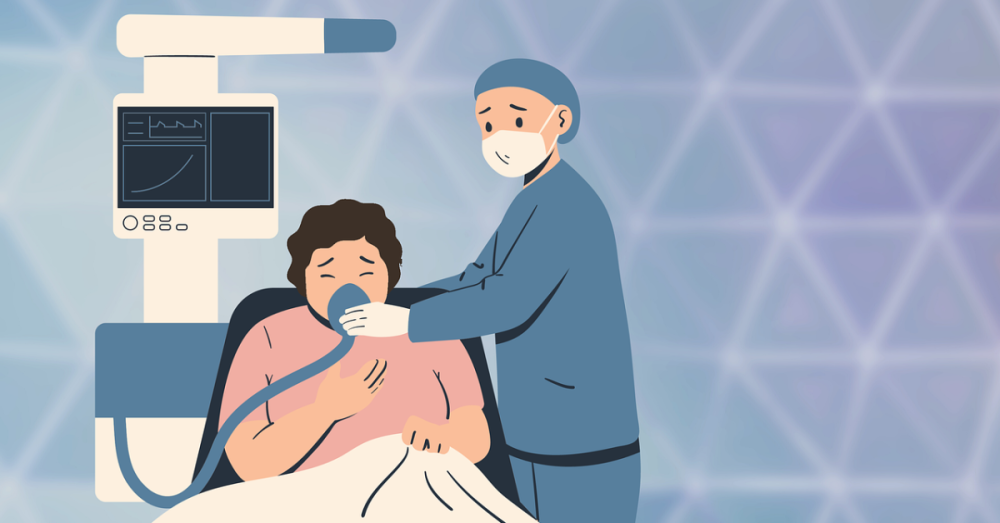
What Certifications Do Medical Social Workers Need?
Health care systems require social workers to assist individual patients [...]

Are you a registered nurse or aspiring nurse who would love to focus on children’s health in your career? Within this defined area of study and practice, there’s an even more specialized role to consider: becoming a pediatric home care nurse.
As a pediatric home care nurse (also known as a pediatric private duty nurse), your patients will be children and youth with special health care needs (CYSHCN), a designation indicating their “increased risk for chronic physical, developmental, behavioral, or emotional conditions” requiring special care.
A subset of these patients suffer from life-threatening, life-limiting, or chronic conditions that medical professionals describe as “medical complexities” (the term “complex chronic” is also frequently used to describe these conditions). This second group constitutes less than one percent of all children, but their numbers have “increased dramatically” in recent years, according to a Long Island University study.
Children who are candidates for home healthcare, according to the American Academy of Pediatrics (AAP), include:
The AAP reports a shortage of home care nurses contributing to prolonged hospital stays for children with no other options. Often, there are also not enough home-care resources available to transition out of in-facility care. This adds up to millions of dollars of healthcare costs each year, money that could be saved if there were more pediatric home care nurses available.
You can become a pediatric home care nurse if you are a licensed practical nurse or a registered nurse.
Interested in learning how? In this article, we’ll cover:
Pediatric home care nurses see young patients outside of a traditional hospital or clinical setting by conducting home visits. A pediatric home health care nurse’s duties, according to blogger Kathryn Sneed, include:
Undergraduate nursing programs do not offer programs specifically in pediatric nursing. However, all accredited nursing programs should introduce you to caring for children through your coursework and clinical experiences, according to the Society for Pediatric Nursing (SPN).
To specialize in the field, the SPN recommends that nurses apply to work at clinical sites that serve pediatric patients. These types of internship programs may last weeks or months.
There is no standard set of requirements for pediatric home care nursing. Some employers may require nurses to complete a one-year certificate program at a community college, trade, or vocational school. Others hire licensed practical nurses (LPNs) and licensed vocational nurses (LVNs).
Other employers, however, require applicants to be registered nurses (RNs). To become an RN requires either a two-year associate’s degree in nursing or a four-year bachelor’s degree in nursing. Either qualifies you to take the NCLEX-RN exam and earn your registered nursing certification.
With a master’s degree in nursing, you can become a pediatric nurse practitioner (PNP) or clinical nurse specialist (CNS) in pediatrics. With this degree, you will more likely work in a hospital or clinic than as a home care nurse. After earning your master’s, you’ll need to apply to your state board of nursing for recognition as an advanced practice nurse and pass a national licensing exam.
While certification in the pediatrics specialization is not always a requirement for landing a pediatric home care nursing job, getting certified can only help. It demonstrates experience and expertise, two qualities all employers value. The Pediatric Nursing Certification Board (PNCB) offers a Certified Pediatric Nurse (CPN) certification. To be eligible, nurses must:
The American Nurses Credentialing Center (ANCC) offers a Pediatric Nursing Certification (RN-BC). To be eligible, nurses must:
Within the field of critical care, the American Association of Critical-Care Nurses offers the CCRN (Pediatric) certification for nurses who provide critical care to pediatric patients regardless of their physical location. To be eligible nurses must:
Most employers for pediatric home care nursing professionals are health services companies, many specializing in-home healthcare, home nursing, pediatric home healthcare, or pediatric home nursing.
The U.S. has a bit of a nursing shortage in general, particularly in the western states, so there are many opportunities for registered nurses. Some of the top cities where home health nurses earn the most pay include the following locations, according to PayScale data:
Home Healthcare Now followed Greg Burns, Maine’s Home Care Nurse of the Year, for”A Day in the Life of a Pediatric Home Care Nurse.” In the piece, the writer describes one day on the job for a pediatric home care nurse, which can involve:
Some of the core competencies of pediatric nurses, as determined by the Society of Pediatric Nurses, include:
Researchers from the Long Island University School of Nursing note that the ability to support the family caretakers of chronically ill children is also critical to success in this role.
Finally, keep in mind that, as a home health provider, you’ll often be working independently. Pediatric home care nurses must be comfortable making decisions in the moment, even as emergencies arise.
As a pediatric home care nurse, you’ll help to improve the health and well-being of extremely vulnerable patients, children with critical care issues who need ongoing support and advocacy. You’ll also have the chance to work in a non-traditional setting—in a patient’s home or on-the-go with the whole family.
Establishing a bond with children and their families takes compassion, patience, and a balanced blend of patience and grit. Sound like you? Then the role of a pediatric home care nurse may be a perfect fit.
Questions or feedback? Email editor@noodle.com

Health care systems require social workers to assist individual patients [...]

Education requirements for nurses in the U.S. are becoming more [...]

A travel nurse can easily earn a higher salary than [...]

Travel nurses do what other registered nurses do, but on [...]

Neonatal nurse practitioners deliver essential healthcare to newborns with high-risk [...]
Categorized as: Medicine, Nursing & Healthcare